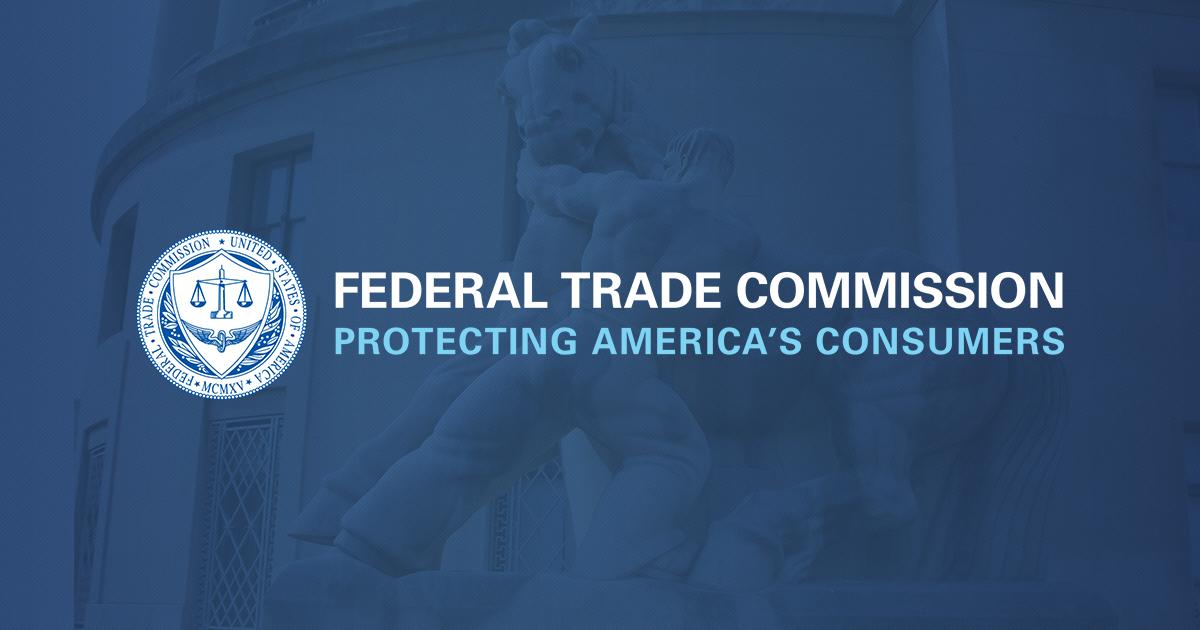The Federal Trade Commission has put a permanent halt to an operation that allegedly obtained consumers’ confidential phone records without their knowledge or consent and sold them to third parties. The defendants are barred from obtaining consumers’ telephone records without their consent and court orders impose judgments on the defendants totaling more than $600,000 – the estimated amount of their ill-gotten gains.
This is the latest in a series of FTC cases targeting telephone pretexters – individuals who use false pretenses to obtain consumers’ confidential information. Since 2006 the FTC has charged sixteen individuals and their corporations with violating federal law by pretexting to obtain phone records of third parties. All have now been barred from pretexting and all have been ordered to give up the money they made engaging in the illegal practice.
In February 2007, the FTC asked a U.S. district court to order a permanent halt to the operations of a company that sold consumers’ confidential phone records, including information on calls placed and received. The FTC also sued the individuals who had used false pretenses to obtain the records from phone companies and then supplied those records to the company for a fee. The agency alleged these practices were unfair and deceptive in violation of federal law, and could endanger consumers’ safety. The agency also asked the court to order the defendants to give up their ill-gotten gains.
According to the FTC complaint, the Telecommunications Act of 1996 provides that a customer’s phone records may only be disclosed “upon affirmative written request by the customer.” But the agency alleged that since at least 2005 Action Research Group, Inc., and its principals, Joseph and Matthew DePantes, sold confidential customer phone records, including lists of calls made and the dates, times, and duration of the calls, to third parties, without the knowledge or consent of the customers. To get the records, these defendants relied upon the other defendants, Eye in the Sky Investigations, Inc., Cassandra Selvage and Bryan Wagner, who obtained them from phone companies through “pretexting” – using “false pretenses, fraudulent statements, fraudulent or stolen documents or other misrepresentations, including posing as an account holder or as an employee” of a phone company. Selling the records constitutes an invasion of privacy that could endanger the health and safety of consumers, the agency alleged.
The DePantes and ARG agreed to settle the FTC charges. Defendants ESI, Cassandra Selvage, and Bryan Wagner are subject to default judgments entered by the court.
The settlement and default judgments permanently bar the defendants from obtaining, marketing or selling customer phone records or consumers’ personal information derived from those records. They also bar the defendants from pretexting or using others to pretext to obtain consumers’ information. The settlement order entered a judgment in the amount of $67,000 against the DePantes and ARG, the estimated amount of ill-gotten gains the defendants earned from their illegal scheme; the judgment was suspended upon a payment of $3,000 based on the defendants’ inability to pay. In the default judgments, the court ordered Wagner to give up $428,085 in ill-gotten gains and ESI and Selvage to give up $110,762.
The Commission vote to accept the settlements was 5-0. They were filed in U.S. District Court for the middle district of Florida, Orlando division.
NOTE: Stipulated final orders are for settlement purposes only and do not constitute an admission by the defendant of a law violation. Consent judgments have the force of law when signed by the judge.
Copies of the legal documents can be found at http://www.ftc.gov. The FTC works for the consumer to prevent fraudulent, deceptive, and unfair business practices and to provide information to help spot, stop, and avoid them. To file a complaint in English or Spanish, click http://www.ftc.gov/ftc/complaint.shtm or call 1-877-382-4357. The FTC enters Internet, telemarketing, identity theft, and other fraud-related complaints into Consumer Sentinel, a secure, online database available to more than 1,600 civil and criminal law enforcement agencies in the U.S. and abroad. For free information on a variety of consumer topics, click http://www.ftc.gov/bcp/consumer.shtm.
(arg1.settlements)
(FTC File No. X070027)

